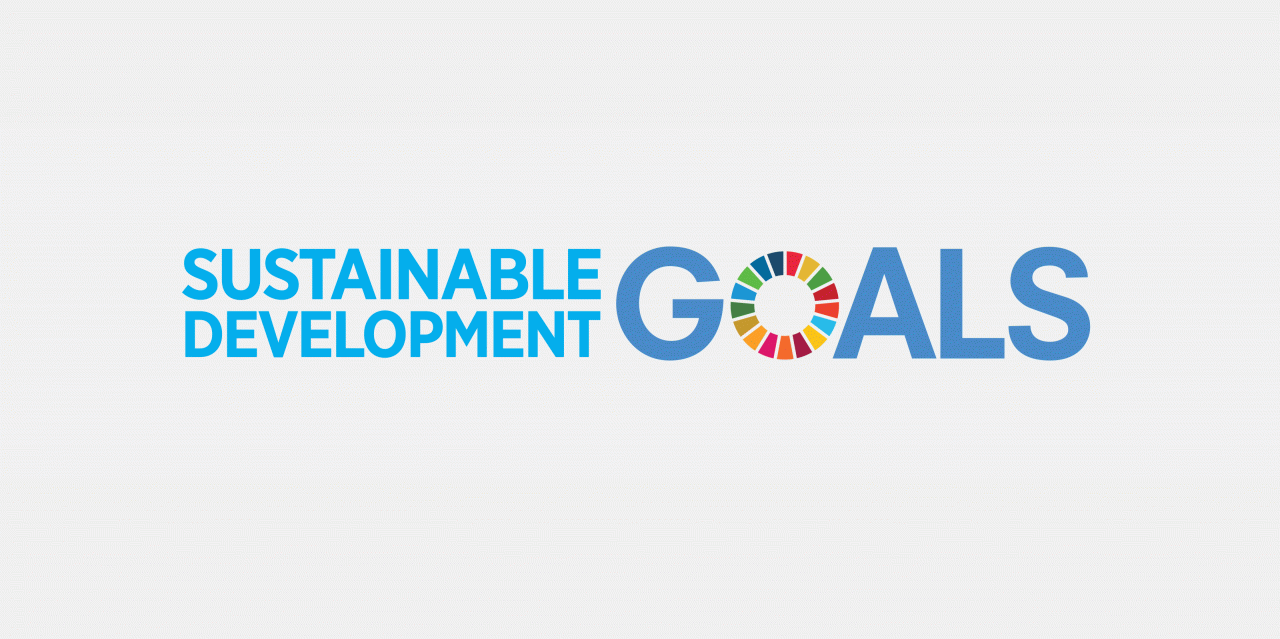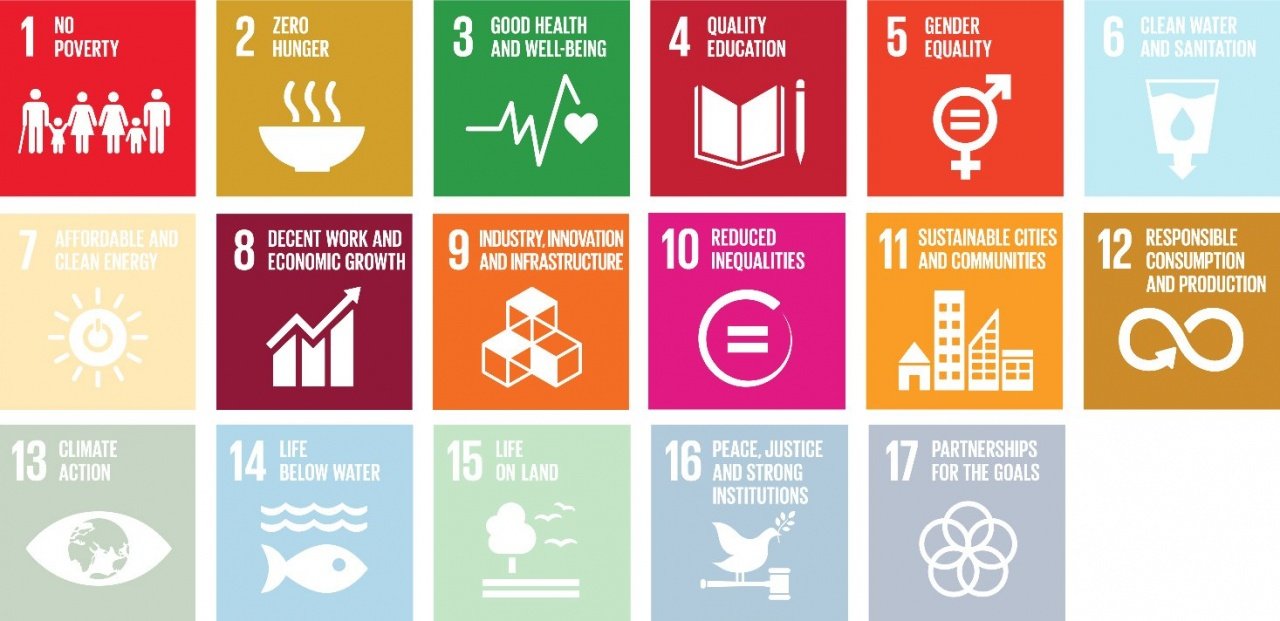
Elevar’s active portfolio collectively delivers on 10 of the 17 Sustainable Development Goals (SDGs). Elevar’s impact framework identifies and assesses business metrics that best demonstrate the progress of our portfolio companies on three main dimensions: Community, Business Model and Scale. This is consistent with our belief that, for lasting impact, it is important to identify business metrics that speak to impact as well as business performance – in effect, a commercial approach to impact investing.
Community demonstrates the degree to which the company is focused on Elevar’s target customer segment (underserved individuals and their enterprises, in low income communities). The Business model demonstrates customer engagement with the company and is a metric that reflects how the company successfully and continuously addresses the needs of the target customer segment. Lastly, Scale is a measure of the company’s ability to scale and cater to large, unmet customer demand illustrated by the total number of customers reached or product/services distributed by the company to date.
The Elevar team conducted a comprehensive exercise to see how the Elevar portfolio is contributing to the Sustainable Development Goals (SDGs), the set of 17 goals adopted by the Member States of the United Nations as part of the “2030 Agenda for Sustainable Development.”
We considered two factors as we mapped our companies with the SDGs:
Direct goals: We first identified the SDGs that are directly aligned with the primary business of each of our portfolio companies. You will find the individual company mapping on the respective Elevar company page. Our companies are listed on the Entrepreneur page here. Mapping the impact metrics of our portfolio companies to the direct goals was accomplished by parsing through the respective targets associated with the relevant SDGs.
Positive externalities: There are some SDGs that are not directly targeted by the primary business of our companies but the focus on direct goals often leads to positive externalities that spill over to other SDG goals. These positive externalities portray Elevar’s comprehensive contribution towards the SDGs but do not always have measurable metrics. For example, education and its impact on gender equality, or MSME financing increasing access to capital and as a result reducing inequality.
Elevar’s investment focus is to capitalize on entrepreneurs who create access for underserved customers in low-income communities. The Elevar Method, or Human Centered Venture Capital, has resulted in investments in areas such as agriculture finance, education finance, low-income housing finance, payment networks, MSMEs or small business finance, migrant services, and rural healthcare. Together, Elevar’s active portfolio contributes to 10 of the 17 SDGs.
